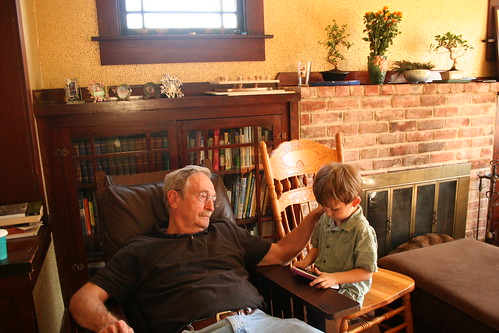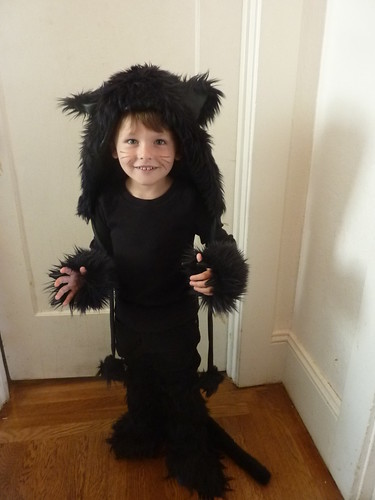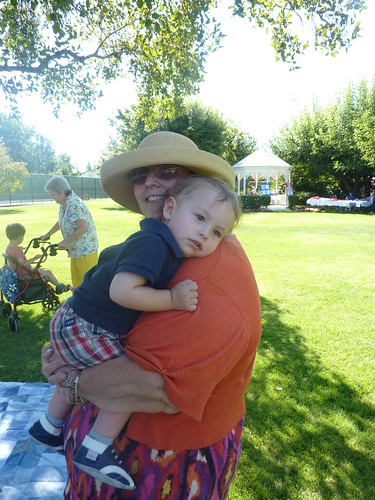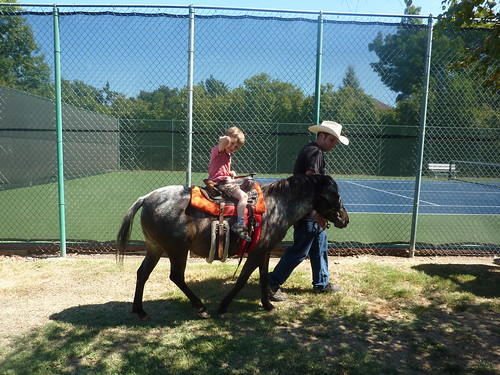So I decided to submit my novel to some e-publishers, mostly in a spirit of keeping all my options open while I work out what I want to do with the novel. I chose three e-publishing houses to submit to:
Samhain is probably the biggest name in electronic publishing. They have some star writers in their roster (like Ilona Andrews, whose Magic Bites urban fantasy series is a print best-seller), and they regularly place titles on the New York Times Bestseller list for eBook Fiction. They’re well-established—they’ve been around since 2005—and they have a distribution deal with Ingrams, meaning that they can get the print versions of their books (all Samhain novels get a print run about ten months after the electronic version is released) into Barnes and Noble and other brick-and-mortar stores. They also promote at least some of their titles with ad campaigns, which is a level of marketing support that’s quite rare among e-publishers.
Carina Press is Harlequin’s e-book imprint, but unlike Harlequin they publish in genres other than romance. I submitted to Carina because they have the backing of a major traditional publisher, but after reading more about them I don’t think they offer authors a very good deal. Their royalty terms are substantially worse than the other e-publishers, kind of staggeringly bad actually, and the vast majority of their titles never get a print run.
Lyrical Press is an up-and-coming small e-publisher. They launched in 2008 and have been seeing strong year-over-year growth in sales: most of their titles only sold a few hundred copies in the first year, but now they’re reporting sales of up to ten thousand copies a year on their most popular titles. That’s an excellent sales figure in the e-book world and decent even for print. (The overall e-book market is still much smaller than the overall print market, although that’s rapidly changing: given the rate at which the digital publishing market is growing, and the print market contracting, digital is projected to overtake print within five years and maybe sooner). Lyrical Press also has good buzz in the author community and a way better website than most of their competitors. I dunno, maybe it’s not true, but I feel like for an e-publisher the quality of their website design is probably kinda correlated to the quality of their publications? Lyrical offers slightly better royalty terms than Samhain, and does print runs for “select titles” (presumably the ones that sell well as e-books).
So I sent my novel to these three e-publishing houses two weeks ago. Samhain and Carina quote a turn-around time of twelve to sixteen weeks; Lyrical tells authors to expect a response in four to six weeks.
Well, Lyrical just got back to me with an offer. So, yay! Only now I have to decide whether:
a) I want to jump on this opportunity, putting my chips behind the scrappy small press with the blazing fast response times;
b) I want to ask Lyrical for more time, in order to give Samhain a chance to make an offer;
or
c) I’d prefer to self-publish after all
I sent the editors at Lyrical back an e-mail thanking them for their consideration, and asking if they could give me any more specifics on what the publication schedule would be for my novel, and what sort of sales figures are required in order to get a print run. I think the answers to those questions will largely determine what I decide to do.
Update: Lyrical was very quick to respond to my e-mail. They say that if I’m contracted with them by November 1, my novel would be released in midsummer, and that “there is a minimum of $300.00 net digital sales for any book to be considered for print.” That is totally reasonable, in fact it’s a pretty low threshold. But I’m gathering that at Lyrical “print” doesn’t mean “on the shelves at Barnes and Noble,” but rather, “print-on-demand via Amazon.” Samhain can actually get books onto shelves. So, I’ve gone with option B. I sent back another e-mail saying: “Thank you so much for the very quick response! $300 of sales is a very reasonable threshold for print consideration. Would it be all right if I took two weeks to get in touch with the other publishers considering my manuscript, and make a final decision? I do very much appreciate your responsiveness and quick communication, which seems a big point in Lyrical’s favor.” Hopefully that comes off as nice and friendly and reasonable. (I also sent Carina an e-mail asking them to withdraw my novel from consideration, as I know that I’d go with Lyrical over Carina.)
I also know at this point that I’d accept an offer from Samhain, should they choose to make one. I probably should have simply submitted to them first and waited for them to give me an acceptance or rejection before submitting to any other e-publishers, but the truth is that I wasn’t at all sure of my way forward and just wanted to be making some kind of progress after spinning my wheels with agents for so long. But here I am, and now it’s tricky. I’ll have to send a follow-up message to Samhain, explaining that I have an offer on the table, and asking if they can provide me with an expedited response. If I wanted to maximize my chances with Samhain, I should simply say “thank you very much, but I’ve changed my mind” to Lyrical. The thing is, though, I’m not sure Samhain will take my novel on. While all of the big e-publishers are focused to some degree on the romance genre, because that’s where the money is in the digital market right now, Lyrical is actively seeking urban fantasy. Samhain, by contrast, is willing to consider urban fantasy only so long as it features “strong romance elements.” There is a love story in my book, but it’s really not primarily a romance, and I just don’t know if the “romance elements” are “strong” enough.
If Samhain says no thanks, then I have to decide whether to publish through Lyrical or to go the self-pub route. I’m still really torn on this one. Rationally, if we’re talking about an e-publisher that has no distribution deals with major bookstores, then I just don’t see how the services they offer can possibly be worth 30 percent of royalties. Yet I still feel a strong emotional desire to have “a publisher,” even if it’s a small e-press. I think this probably has to do with the lingering stigma of self-publishing—thinking of it as “indie publishing” definitely helps.
I dunno. I’ll just have to wrestle with it.
Update 2: Wow, Lyrical is super responsive. They say “Of course you can take the time you need. In fact, in our contract it states you have two months from time of issue before the offer expires.” Which, boo on me for skimming the contract, I guess! So yeah, I don’t have to nag Samhain right away—I can wait a bit to see what happens.



















